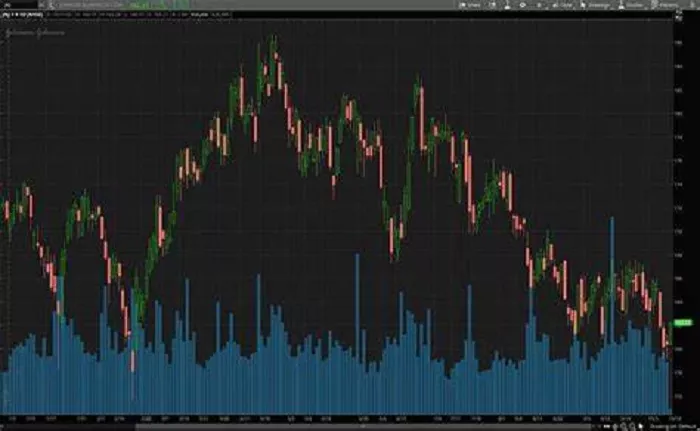Global stock markets faced a downturn on Friday, with Asian shares tracking overnight losses on Wall Street. Despite a drop in bond yields, investor sentiment remained cautious as renewed expectations for a Federal Reserve interest rate cut in June gained traction.
Japanese equities were notably weaker, with the Nikkei index set to close out its worst week in three months. The decline was driven by a surging yen, fueled by growing expectations that the Bank of Japan may raise rates at its meeting next week. Meanwhile, Chinese stocks found some support, as official data revealed the economy grew by 5.4% year-on-year in the fourth quarter, surpassing forecasts. This brought full-year 2024 growth to 5%, in line with Beijing’s target.
Mainland Chinese blue-chip stocks (CSI300) rose 0.3%, and Hong Kong’s Hang Seng Index gained 0.14%. In currency markets, the yuan appreciated slightly to 7.34 per dollar in offshore trading, while Japan’s Nikkei index fell 1.1%. MSCI’s world index edged down by 0.05%, and the Asia-Pacific shares index (MIAP00000PUS) lost 0.4%.
In the U.S., S&P 500 futures pointed to a modest 0.1% gain after the cash index closed 0.2% lower overnight. This followed a 1.8% jump on Wednesday, which marked the largest single-day gain since November, driven by strong earnings reports from major banks in the early stages of earnings season.
The market’s outlook for the remainder of the week appeared cautious, with attention shifting to U.S. President Donald Trump’s inauguration on Monday, coinciding with the Martin Luther King Jr. Day holiday. Kyle Rodda, senior financial market analyst at Capital.com, noted that investors are now focusing more on corporate fundamentals than macroeconomic factors, with earnings reports showing resilience. The decline in the dollar and bond yields suggested that fears of persistent inflation or a protracted pause in the Fed’s rate-cutting cycle had eased.
The yield on the 10-year U.S. Treasury stood at 4.6125%, after dipping to 4.5880% on Thursday, its lowest level since early January. Fed Governor Christopher Waller’s comments that three or four rate cuts are still possible if U.S. economic data weakens contributed to the shift in sentiment. Traders now anticipate that the Fed could reduce rates by another quarter-point at its June meeting.
In Japan, 10-year government bond yields also eased following similar moves in U.S. Treasuries. However, comments from Bank of Japan Governor Kazuo Ueda and Deputy Governor Ryozo Himino this week have spurred a rise in expectations for a quarter-point rate hike on January 24, with markets now pricing in a 79% chance of such an increase.
Currency markets saw the yen push to a new one-month high of 154.98 per dollar, supported by the prospect of earlier Fed cuts. The U.S. dollar index, which tracks the greenback against a basket of six major currencies, fell 0.06% to 108.90. The euro remained flat at $1.0308, while the British pound was stable at $1.2237.
As bond yields dropped, alternative assets gained ground. Bitcoin rose as high as $101,769.43, its highest level since January 7, and gold hovered around $2,714 per ounce, close to its recent peak. Fed rate cut speculation also buoyed crude oil prices, with Brent crude futures rising by 13 cents to $81.42 per barrel, and U.S. West Texas Intermediate crude futures increasing 27 cents to $78.95 per barrel.
Related topics:
Bonds Vs Stocks: Which is Safer


